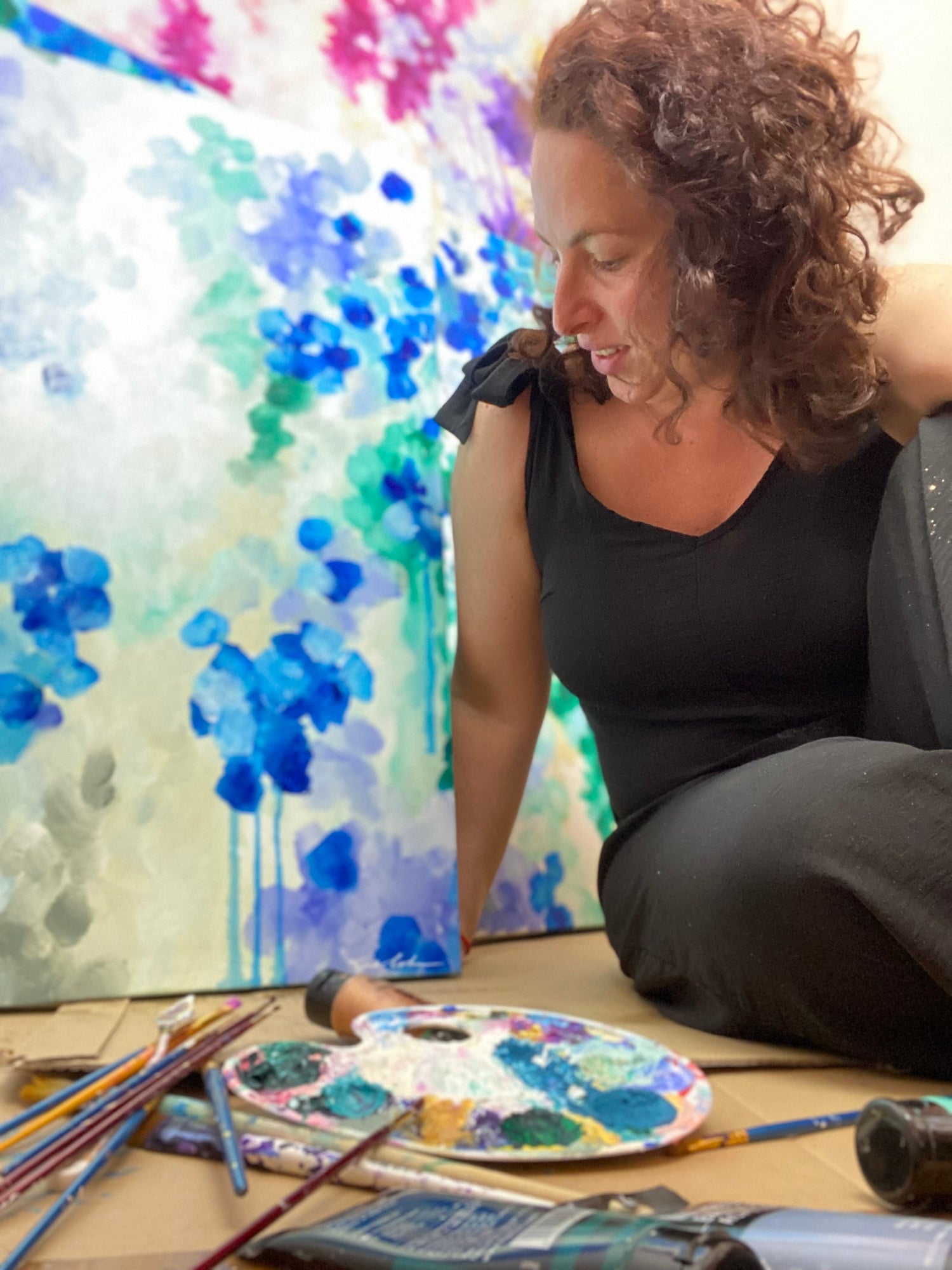Abstract art can be therapeutic for several reasons:
- Emotional Expression: Abstract art allows individuals to express their emotions freely without the constraints of representational imagery. Through color, form, and texture, artists can convey their feelings in a non-verbal and intuitive way, providing an outlet for emotional release and catharsis.
- Mindfulness and Relaxation: Engaging in the creative process of abstract art requires focus and concentration, often leading to a state of mindfulness where worries and stressors fade away. The act of painting or creating can be meditative, promoting relaxation and reducing anxiety.
- Self-Exploration: Abstract art encourages exploration and experimentation, inviting individuals to delve into their inner thoughts, memories, and subconscious. It can be a tool for self-reflection and self-discovery, allowing artists to explore their identity, values, and beliefs through their creative expression.
- Freedom and Liberation: Abstract art offers freedom from rules and expectations, empowering individuals to break away from conventional norms and embrace their unique vision. This sense of liberation can be empowering and uplifting, fostering a sense of agency and self-confidence.
- Healing and Resilience: Engaging in the creative process of abstract art can promote healing and resilience, particularly for individuals coping with trauma, grief, or mental health challenges. Art-making provides a constructive and positive outlet for processing difficult emotions and experiences, promoting a sense of empowerment and agency in one's healing journey.
Overall, abstract art can be therapeutic because it provides a space for emotional expression, mindfulness, self-exploration, freedom, and healing, offering individuals a means to connect with themselves and the world around them in meaningful ways.


